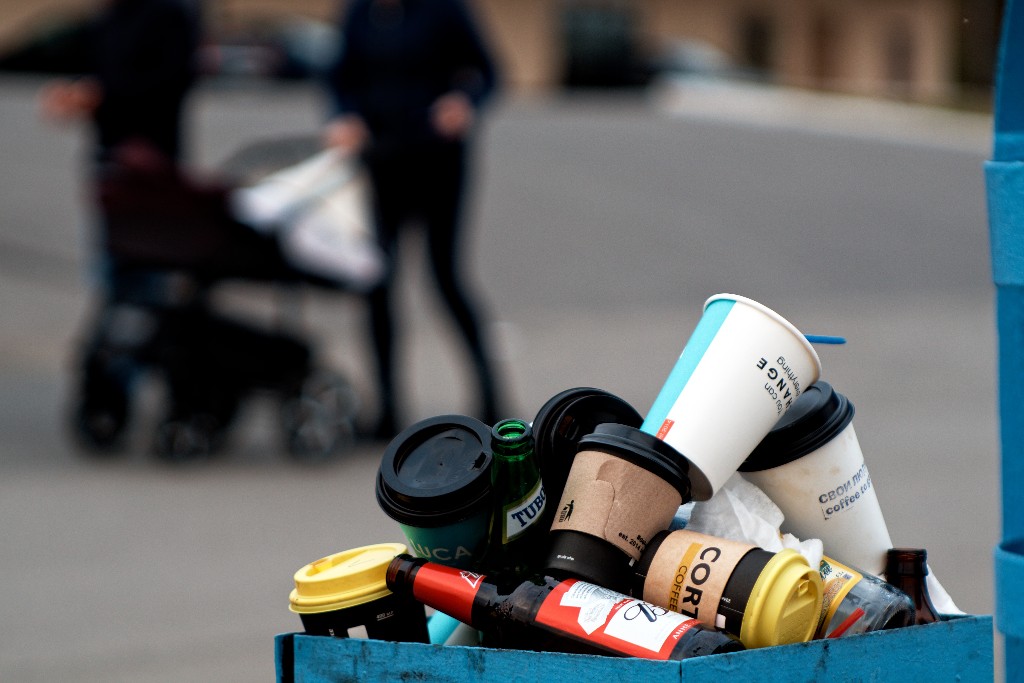A bill introduced last week in the D.C. Council would call for businesses to compost their food waste, as part of a larger plan to minimize waste in the city.
Behind the 34-page bill titled “Zero Waste Omnibus Amendment Act of 2019” is D.C. Council member Mary Cheh, who also previously introduced the bill that aimed to ensure that the District would meet its “zero waste” goal by 2032 by modernizing the the city’s Waste Management Program.
Other council members who signed the bill are Vincent Gray, Brandon Todd, Jack Evans, David Grosso, Brianne Nadeau, Charles Allen and Chairman Phil Mendelson.
“We’re falling behind… Right now, I should tell you, our numbers are pretty poor,” Cheh said, in an interview with WAMU.
If passed, hotels and restaurants would have to compost their food waste, by using a commercial composter, or on-site. Eateries and bars would also be required to keep glass separately and not mix it with other recyclables. Reusable plates, cups and utensils would be mandatory to use at restaurants.
Food & yard waste make up 29% of DC's waste stream. Help ensure that as little of it goes to landfill as possible by setting aside your breads + grains, coffee grounds, fruit + veggie scraps, egg shells & bring them to any of our 9 Food Waste Drop-Offs! https://t.co/9mqcz63p8E pic.twitter.com/0XTh9Fv7yA
— ZeroWasteDC (@dczerowaste) October 26, 2019
“Although the District has taken meaningful steps towards reducing our waste, in order for our city to achieve the goal of zero waste by 2032, substantial changes must be made to the outdated legal framework currently guiding the District’s waste management practices,” Cheh had explained following her previous bill.
The capital’s zero waste goal passed the Council five years ago, requiring at least 80 percent of trash to be diverted out of the landfill.
According to Cheh, Montgomery County and San Francisco are ahead of D.C. in waste diversion with 60 percent and 80 percent, respectively, while the city’s current rate remains at 23 percent. The national average is also approximately 35 percent.
D.C. is also one of the leading cities in the nation in terms of clean energy initiatives.

